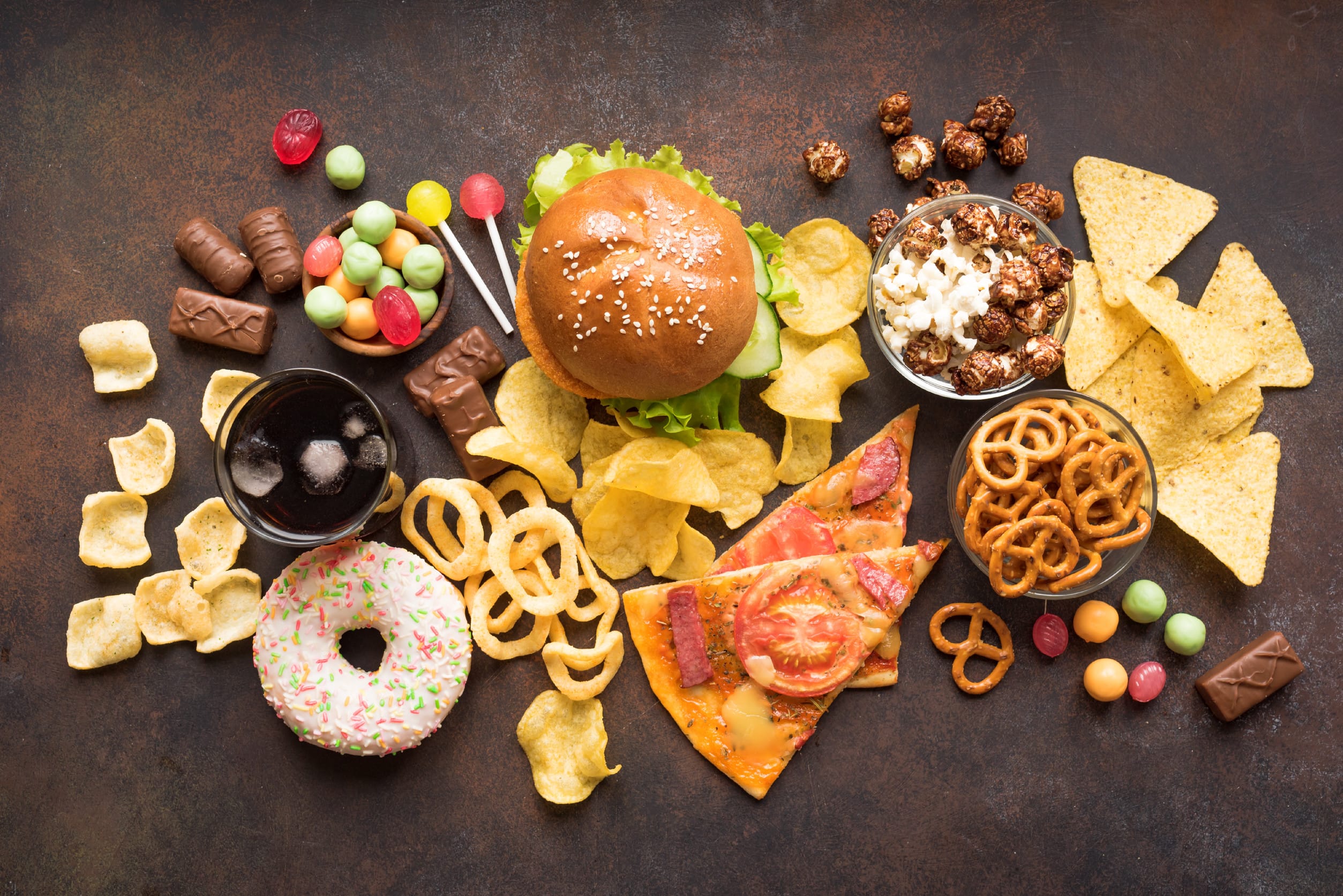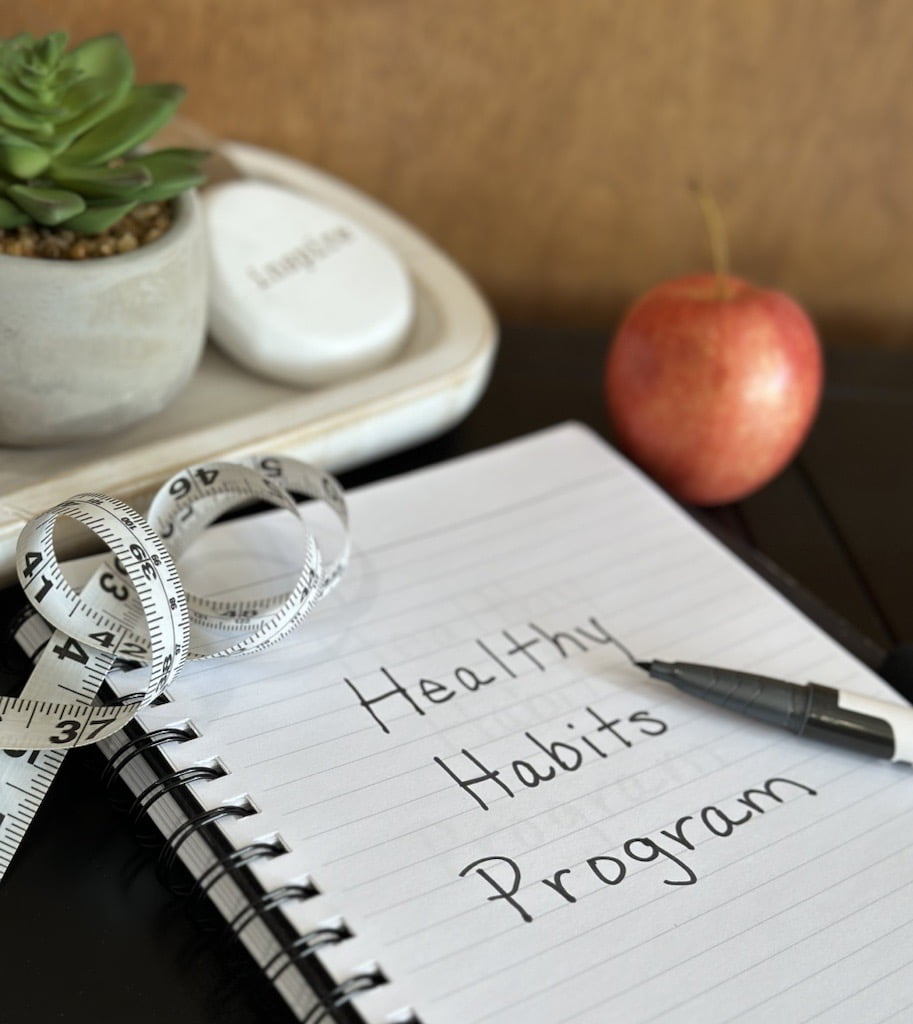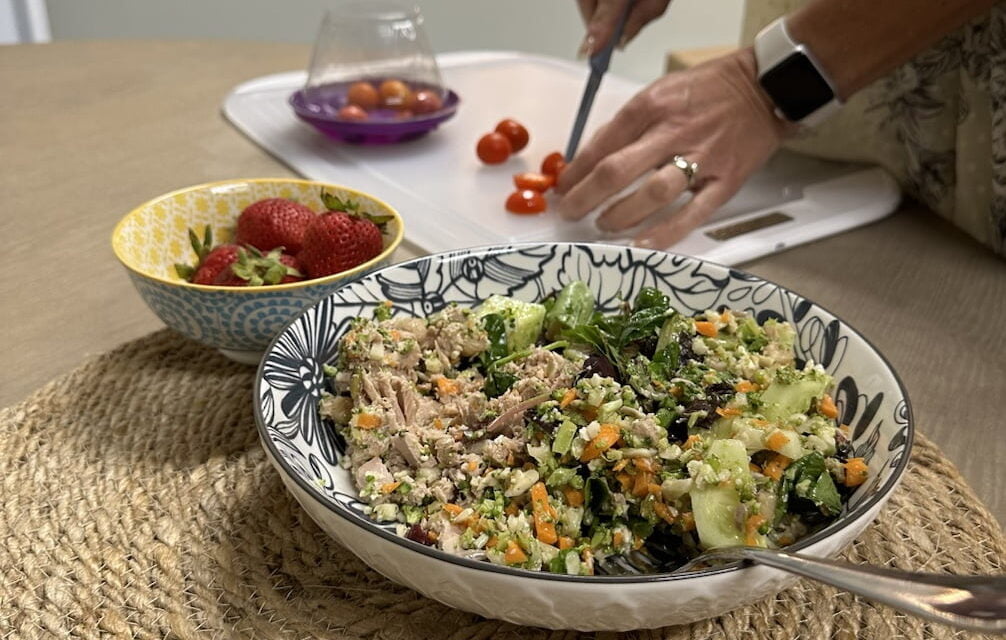Introduction
Ever find yourself reaching for snacks after a stressful day or diving into comfort food when you’re feeling down? You’re not alone. Emotional eating is one of the biggest challenges in weight loss, and it’s something many people struggle with. Food is comforting, and sometimes, eating feels like the easiest way to deal with stress, boredom, or even happiness.
At Lifestyle Wellness Clinic, we understand that emotional eating isn’t just about food—it’s about emotions, habits, and triggers. The good news? You can break free from the cycle. Let’s talk about why emotional eating happens and how to take control of it for good.
Why Do We Turn to Food for Comfort?
- Stress Triggers Hunger Cravings
When you’re stressed, your body releases cortisol, a hormone that can make you crave sugary, high-fat foods. It’s a survival response—your body is looking for quick energy, even if you don’t actually need it. - Food Boosts Feel-Good Chemicals
Junk food, especially sweets and carbs, triggers dopamine (the “feel-good” hormone). It provides temporary relief from stress or sadness, which makes us want to do it again the next time we feel bad. - It Becomes a Habit
If you always turn to snacks when you’re overwhelmed, frustrated, or even celebrating, emotional eating can become a deeply ingrained habit. Before you know it, you’re reaching for food without even thinking about it. - We Confuse Emotional Hunger with Physical Hunger
Emotional hunger often feels urgent, while physical hunger builds gradually. Learning to recognize the difference is key to breaking the cycle.
How to Overcome Emotional Eating
- Identify Your Triggers
Start paying attention to when you turn to food. Is it after a stressful meeting? Late at night when you’re feeling lonely? Keep a journal or take mental notes to spot patterns in your behavior. - Find Other Ways to Cope
Instead of using food to deal with stress, try other activities that make you feel good—like going for a walk, listening to music, calling a friend, or practicing deep breathing. Find something that gives you a mood boost without the extra calories. - Pause Before Eating
The next time you feel an urge to eat, pause and ask yourself: “Am I actually hungry, or am I just eating because of how I feel?” If it’s true hunger, have a balanced meal. If it’s emotional, find another way to comfort yourself. - Keep Trigger Foods Out of Reach
If you always turn to ice cream or chips when you’re stressed, try keeping healthier options within reach. Stock your kitchen with fruit, nuts, yogurt, or other satisfying foods that don’t derail your progress. - Create a Meal and Snack Schedule
When you eat at consistent times throughout the day, you prevent extreme hunger, which can lead to emotional overeating. Focus on balanced meals with protein, fiber, and healthy fats to keep your energy stable. - Practice Mindful Eating
Instead of eating while watching TV or scrolling on your phone, slow down and actually enjoy your food. Savor the flavors, chew slowly, and pay attention to when you start feeling full. - Get Enough Sleep
Not getting enough sleep can throw your hunger hormones out of balance, leading to more cravings and emotional eating. Aim for 7-9 hours of quality rest every night. - Be Kind to Yourself
If you slip up, don’t be too hard on yourself. One moment of emotional eating doesn’t erase all your progress. The important thing is to recognize it, learn from it, and keep moving forward.
How Lifestyle Wellness Clinic Can Help
At Lifestyle Wellness Clinic, we know that weight loss is about more than just food—it’s about mindset, habits, and emotional well-being. Our team provides personalized coaching to help you overcome emotional eating, manage cravings, and build a healthier relationship with food.
Conclusion
Emotional eating is common, but it doesn’t have to control your weight loss journey. The key is recognizing your triggers, finding healthier coping mechanisms, and creating a plan that works for you. If you’re ready to take back control, reach out to Lifestyle Wellness Clinic today. We’re here to help you build sustainable habits for long-term success.










